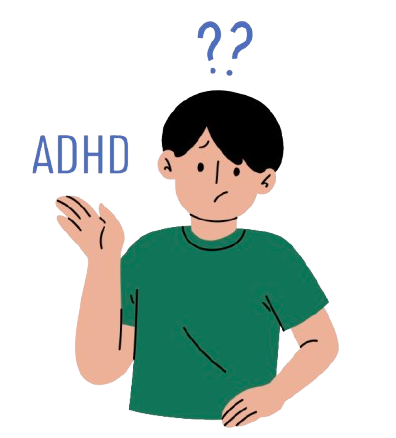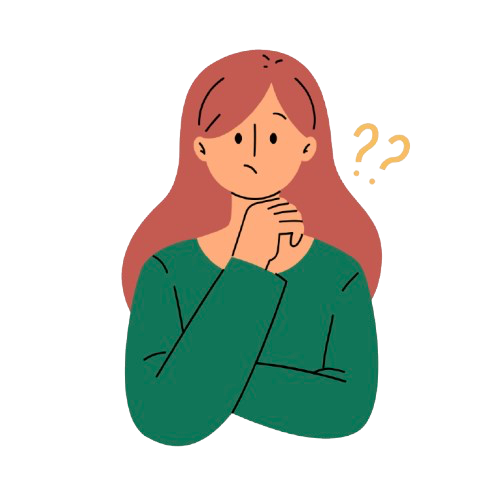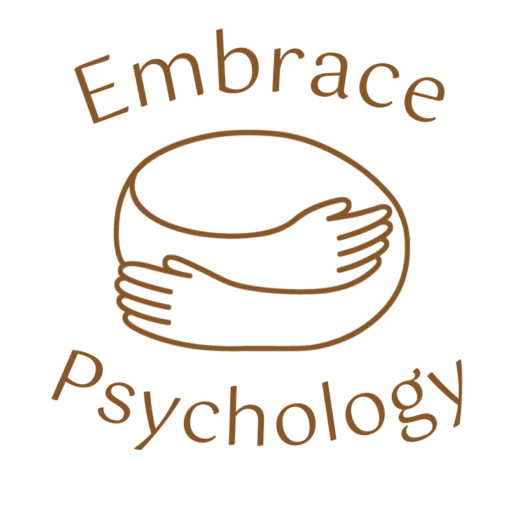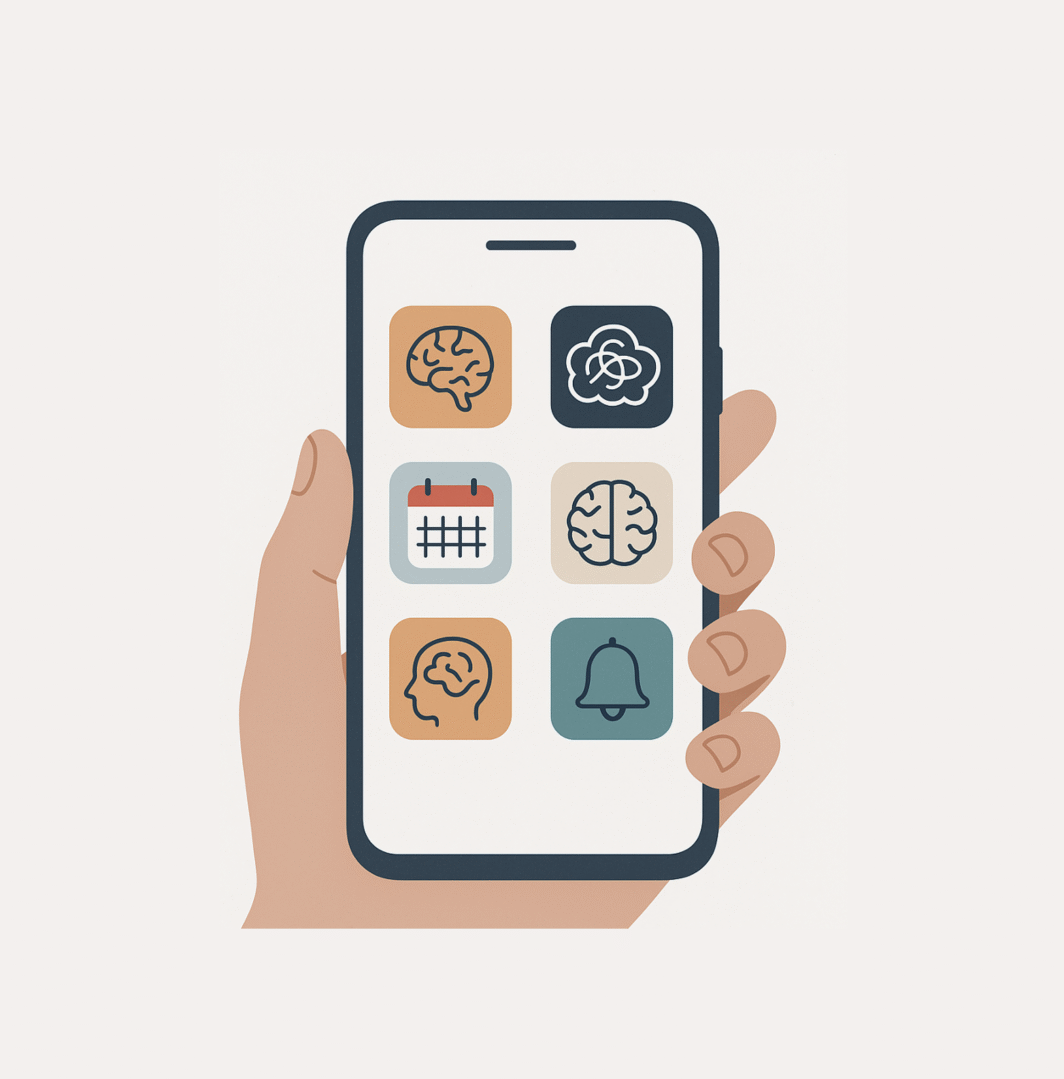ADHD Apps: Are They Any Good?
As a psychologist who works with neurodivergent individuals, I’ve been hearing more and more clients say things like, “This influencer I follow has ADHD and they say…”. It’s striking how often social media now shows up in therapy conversations. Sometimes it appears as a helpful guide and other times as a source of confusion. On one hand, ADHD is receiving more visibility, allowing people to recognize themselves in its symptoms for the first time. This can be an empowering and validating experience. On the other hand, that visibility only becomes truly helpful if it comes with accurate, research-informed information, and unfortunately, that’s not always the case. Misleading portrayals, symptom overgeneralization, and a wave of trendy influencers glorifying ADHD have contributed to a growing cloud of misinformation.

In our current digital environment, social media algorithms are designed to feed users content that mirrors what they already engage with. This means people who have shown any interest in ADHD-related topics, whether casually, out of curiosity, or with genuine concern, are likely to be shown more of it. As a result, it’s quite common for these people to be targeted with ADHD-branded content and products.
The Good
According to recent research, diagnoses of ADHD as well as individuals requesting treatment have increased. This is encouraging news, particularly for a condition historically seen as underdiagnosed, especially in adults and women. As more people seek support, knowledge about ADHD and neurodivergence is becoming more widely shared between professionals and the public. Whether this increase is due to social media, growing access to mental health information, or movements to demystify mental illness, the result is the same: more people are getting help. Unfortunately, the increase in attention has also brought negative aspects.
The Bad
Alongside this progress, the unfortunate spread of misinformation has also taken place. As ADHD becomes a trending topic, so do oversimplified and misleading posts linking all sorts of unrelated experiences to ADHD. This can be confusing and even harmful.
The sheer volume of ADHD-related content online makes it hard for people without a clinical background to determine what to trust and make useful in their lives. This overload of vague, anecdotal, or generalized content can end up distorting the actual criteria and lived realities of ADHD.
The Ugly
For many people, discovering ADHD content online finally puts a name to struggles they had never fully understood. Yet, that recognition often comes without a clear path to help. Therapy can be expensive, public clinics often have long wait‑lists, and seeking support in itself can feel overwhelming. In effect, people who once viewed their challenges as minor quirks now carry a label, but still lack solutions.

This unmet need has opened a lucrative market for companies. Capitalising on the gap between self-recognition and formal support, they roll out freemium or paid “ADHD apps”. They promise personalised guidance packaged into instant-solution marketing with little scientific support. Often they utilize buzz word phrases like “dopamine detox,” “ADHD productivity booster,” “hyperfocus tracker,” and “ADHD AI planner.” This seemingly ideal solution brings hope of a quick fix. But when those promises aren’t met, it can create a cycle of disappointment, where users pin their hopes on one app, feel let down, and move on to the next. Over time, this pattern of looking externally for solutions can deepen frustration and even hopelessness. So, how reliable are these apps?
The Rise of apps
Over the past 5 to 10 years, researchers have increasingly explored how therapy and mental health support can be delivered through digital platforms. Initially, these apps were appearing in the market as tools to complement traditional therapy, as a way to support users between sessions. But as interest and investment grew, many apps expanded their scope. Some aimed to aid diagnoses, others focused on improving cognitive and executive functioning, and some positioned themselves as in-person treatment alternatives.
Early research into some of these tools has been positive, suggesting apps might be promising in the future. But the field is still young, and many questions remain.

With hundreds of ADHD-related apps now available, it’s crucial to consider:
- Are they grounded in research?
- Are they financially viable for customers?
- Do they truly help users?
Over the last 10 years, these self-help apps have accumulated millions of downloads with largely positive reviews from their customers. Though, in many countries, including the Netherlands, UK, and USA, mental health apps are not regulated in the same way as medical treatments. They don’t require approval by a professional body, and there’s no guarantee of clinical oversight. In other words, almost anyone can design and sell a self-help app, regardless of whether it meets any scientific or therapeutic standards. This may seem shocking, but it only highlights just how new this field is.
So, Are ADHD Apps Any Good?
Some apps can be genuinely helpful, especially when used as supplemental tools. While many haven’t been rigorously tested, their usefulness can depend on your specific needs. Others, however, rely more on marketing than substance. Since this space remains largely unregulated, it’s up to users to assess what they’re engaging with.
Before choosing an app, here are a few things to consider:
- Check what your country’s psychological association or governing body says about ADHD.
Look for information from accredited sources like national psychology organizations or licensed clinics. Go deeper than a quick Google search, read up on how ADHD is diagnosed and treated in your region. This is especially helpful in guiding you to know whom to contact for help. - Look closely at what the app claims to do.
Is it promising to “cure” ADHD? Does it claim you’ll never miss a deadline again? Be cautious of dramatic claims. If the app references Harvard studies or other academic institutions, check whether it names those studies, and whether they’re relevant. Does the app claim to be some “dopamine tracker” that measures your brain chemistry without any biological testing? That’s not science, that’s sales. - Figure out what your actual needs are.
Are you looking for help with focus, organization, emotional regulation, or self-understanding? Not all apps are the same, and knowing what you want will help you choose wisely. - Use apps as support, not as your only tool.
While apps can provide structure and insight, they are not a substitute for therapy. Traditional, contemporary in-person therapy has more than 50 years of supporting evidence behind it. Digital tools are still new and not yet fully developed and researched, especially regarding long-term effects.
Conclusion
The explosion of ADHD-related content and tools, including mobile apps, reflects a growing public interest in mental health, and that’s something to celebrate! But it also raises important questions about what support looks like, how it is regulated, and how it’s delivered. Apps can be helpful additions to your mental health toolkit, especially if they’re evidence-based and used with a clear understanding of their limitations. But, at the moment, they are not a replacement for professional care.
As we navigate this evolving space, it’s essential to remain both open-minded and critical. Engage with tools that serve you, question the ones that seem too good to be true, and remember that understanding ADHD is a journey, not something you download overnight.



